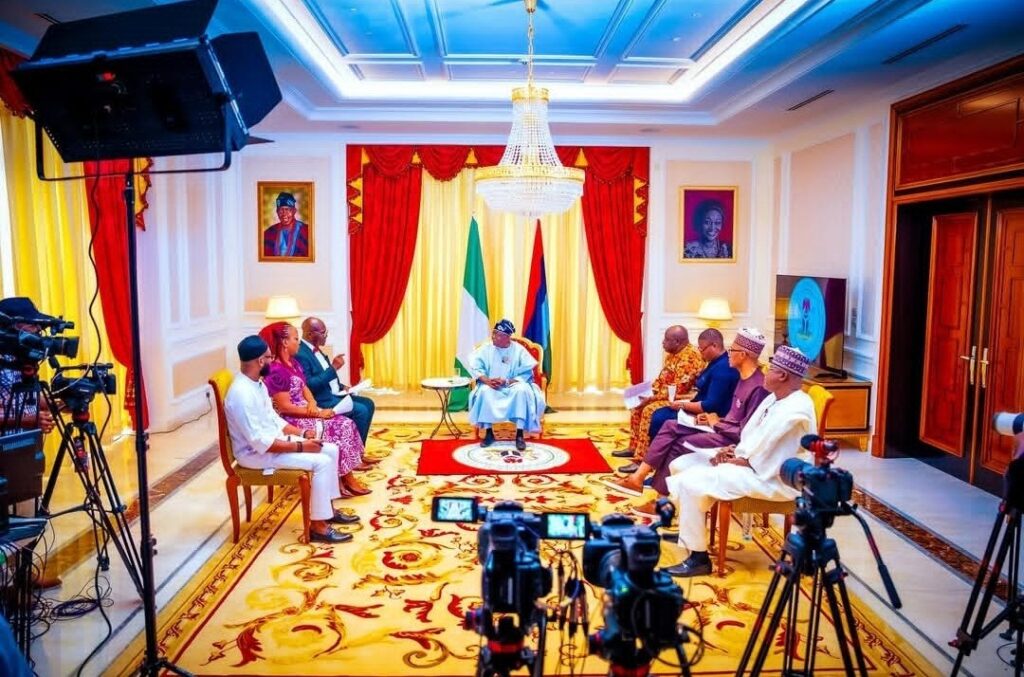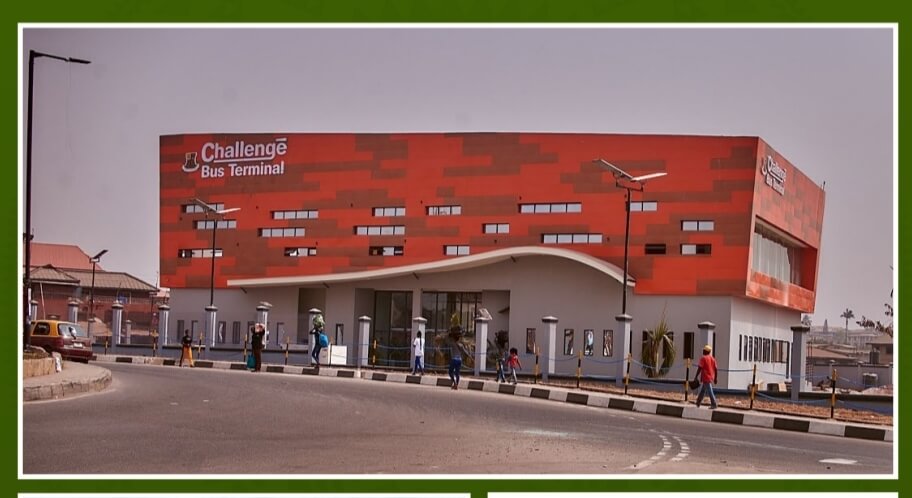The recently held Presidential Media Chat with President Bola Ahmed Tinubu has sparked widespread discussions, with one recurring theme standing out – the glaring unpreparedness of the journalists in attendance. This lack of preparedness reveals deeper issues within the media landscape, including inadequate research, poor questioning, and a general failure to seize critical opportunities for accountability.

A key concern is the journalists’ inability to spotlight the glaring failures across various sectors and ministries. The platform presented a rare chance to question the President directly, yet no effort was made to call out specific ministers or hold them accountable for their underperformance. This omission reflects a troubling trend – the pervasive culture of compromise within the media, often referred to as “brown envelope” journalism.
Rather than acting as a bridge between the public and government, some journalists appear to prioritize personal gain over professional integrity. This compromises the essential role of the press in fostering transparency and building a functioning society. The result is a media environment where tough questions are avoided, and the opportunity to drive meaningful change is consistently squandered.
Way Forward:
1. Capacity Building and Training:Journalists must undergo regular training to enhance their investigative skills and deepen their understanding of governance and public policy. This will ensure they ask informed and impactful questions during such high-profile engagements.
2. Strengthening Media Ethics:Media houses and regulatory bodies should reinforce ethical standards, discouraging the practice of “brown envelope” journalism through stricter penalties and incentives for ethical reporting.
3. Public Engagement and Pressure:Citizens and civil society organizations should demand more from the media by holding journalists accountable for their performance during key national events. Public pressure can encourage more responsible and courageous journalism.
4. Transparency and Support for Journalists:The government and independent organizations should create mechanisms to protect and support journalists who pursue investigative stories, ensuring they are not left vulnerable to threats or financial inducements.
For Nigeria to progress, the media must reclaim its role as the watchdog of society, prioritizing the collective good over personal gain. Without this shift, the cycle of underperformance and lack of accountability will persist, hindering national development.




look what i found Immediate Affinity
learn the facts here now trustee plus
other TAX